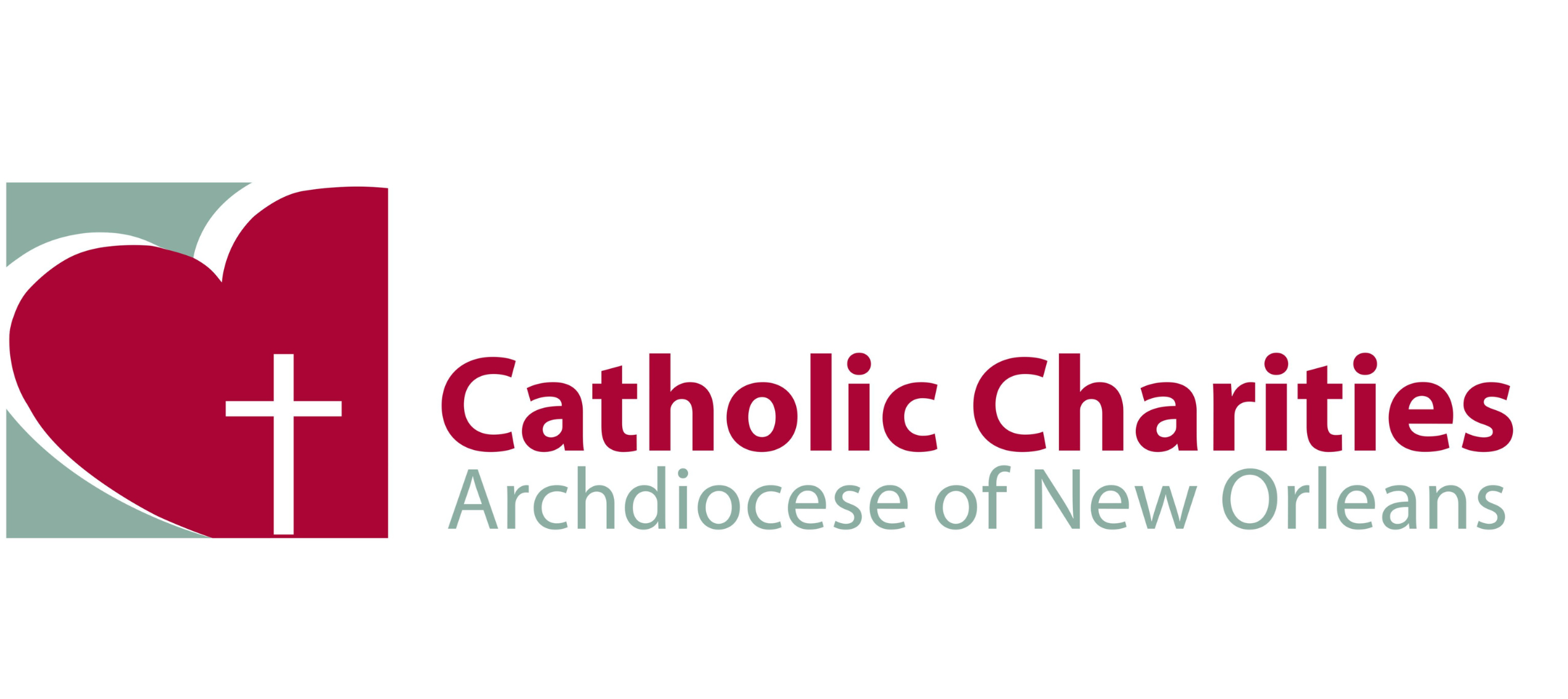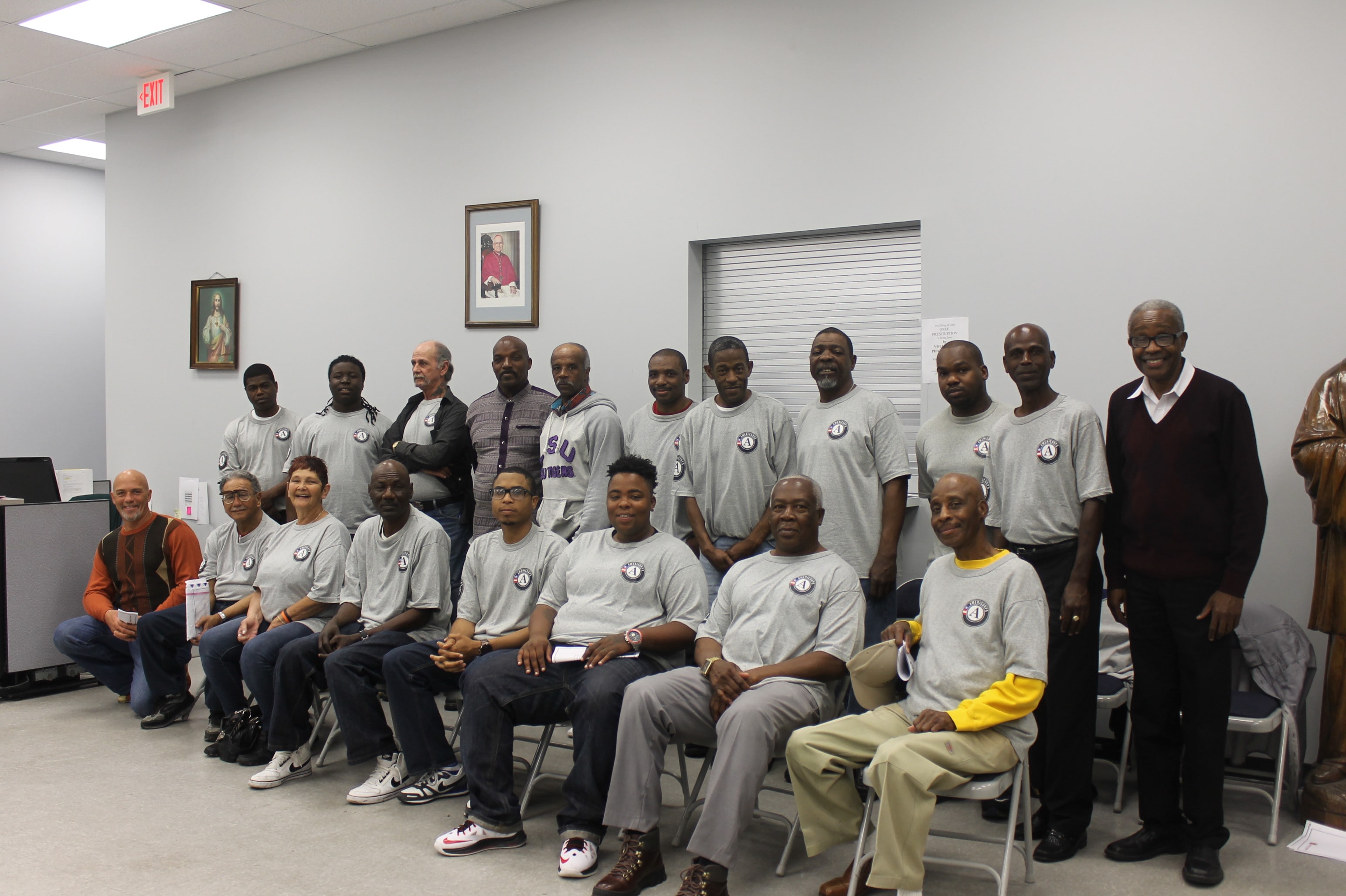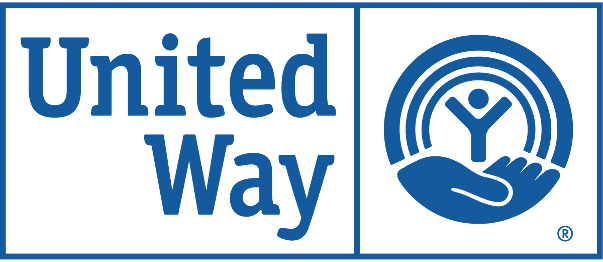For incarcerated individuals and their families, imprisonment presents a whole host of challenges and difficult emotions that take a huge toll on mental health and happiness for everyone involved.
As time passes, a prisoner will feel increasingly removed and isolated from their family, which often discourages them from behaving well and preparing for their release. At the same time, their families also suffer from not having that family member in their lives.
Children with one or more incarcerated parents often suffer the most from emotional distress, confusion and embarrassment, directly affecting their overall well-being and future success.
An extensive 2008 study conducted by the Minnesota Department of Corrections found that visitation significantly reduced the prisoner recidivism rate by 13 percent.
While previous approaches to corrections believed that isolating a prisoner from society would encourage them to act properly, modern experts are advocating for the importance of maintaining family relationships and paying close attention to the reunification process.
Catholic Charities’ Cornerstone Builders program fully believes that promoting a healthy family relationship, encouraging a network for family support and providing inmates with incentives for good behavior will give prisoners a strong foundation that could decrease their chances of recidivism.
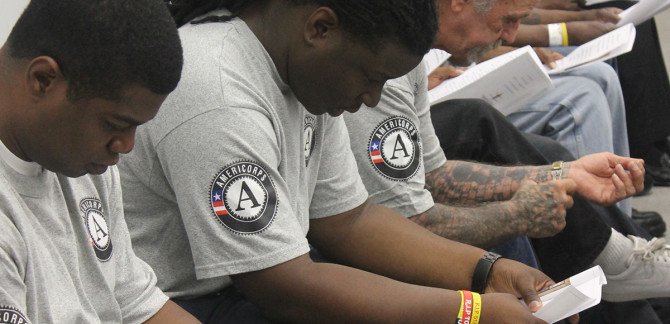
Cornerstone Builders Bus Project
With 13 prisons spread throughout the state of Louisiana, visiting a family member in jail can be a difficult task. This becomes especially challenging when families struggle with transportation and finances.
Since 2007, Cornerstone Builders’ Bus Project has coordinated the travel of hundreds of families to prison facilities at least once a month to visit loved ones. A large charter bus is used to ensure the most stress free and comfortable travel conditions, as this trip is often very emotionally taxing.
The ability to have a face-to-face conversation significantly improves the lives of both the incarcerated individual as well as their family. Prisoners are encouraged to behave well so they won’t lose visitation. Family members of incarcerated individuals can maintain their relationship with their loved one, helping mend the pain of having a family member behind bars.
As visitation has been increasingly seen as an important part of rehabilitation, many volunteers and social justice groups have donated time and money to see Cornerstone Builders’ Bus Project succeed. In fact, the bus trips are fully paid for by a group of cyclists who bike from New Orleans to Angola and raise $20,000 every year. Because of this significant fundraising, the bus program is completely free for families.
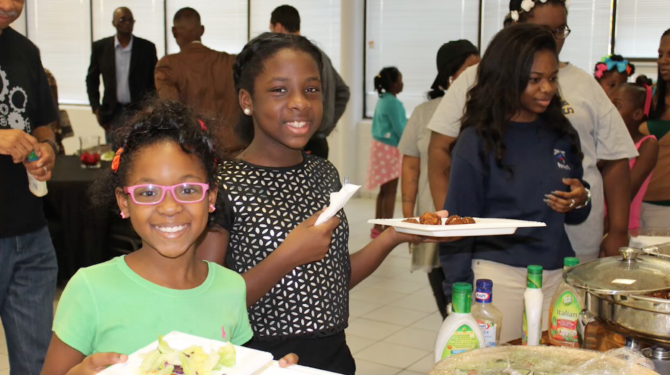
Cornerstone Kids Mentoring Program
Being a child with an incarcerated parent can be confusing, sad and anxiety inducing. Many children can’t fully understand the situation and some might understand too much. Either way, children in these situations must be mentored, supported and guided to ensure their long-term health and happiness.
The Cornerstone Kids Mentoring Program works to ensure that children with one or more incarcerated parents are provided with a support system and encouragement to make good life choices.
Statistics show that parental incarceration “increases the risk of children living in poverty or experiencing household instability independent of these other problems,” so volunteer mentors work hard to minimize the stressors that might affect the children negatively.
One-on-one activities and group meetings give children a space to openly talk about their feelings and learn useful coping mechanisms. Mentors make a one-year commitment to their mentee and give support and encouragement to promote trust, confidence, enthusiasm, personal growth and positive thinking.
How You Can Support Cornerstone Builders
Catholic Charities’ Cornerstone Builders believes that families that work to maintain a healthy relationship during a family member’s incarceration will come out of their experience as a stronger unit and as stronger individuals.
In order to accomplish our goals and help these programs run, we rely heavily on the donations and volunteer time of passionate individuals who believe in our mission of restorative justice. Donate today.
